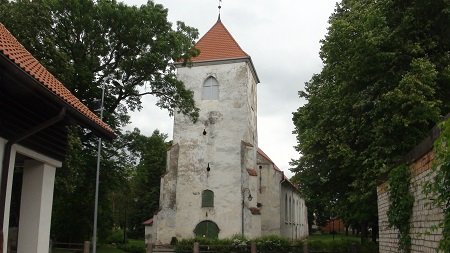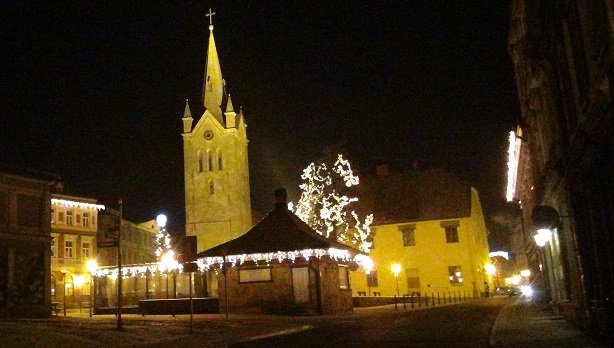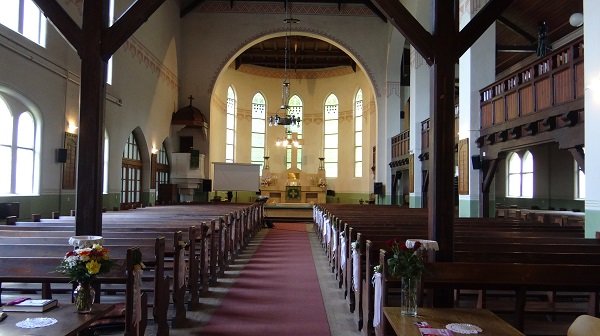Lutherans is the largest faith in Latvia, followed by some 25-35% of the total population. Most Lutherans are ethnic Latvians from Central and Western Latvia.
Latvia has its own Lutheran church which consists of three dioceses (Riga, Liepāja and Daugavpils) and owns some 300 church buildings. Their interiors are rather austere (with opulence limited to altars) as the Lutheran religion accentuates faith in God and Jesus without earthly mediums.

The church was established in 16th century when the German ruling class of Latvia converted from Catholicism to Lutheranism. Latvian peasants had to follow suit.
After 1562 Latvia was partitioned into lands ruled directly by Poland-Lithuania (Latgale) and lands ruled by German vassals, with Lutheran church remaining prevalent only in the latter.

Still as Latvia became unified and free after World War 1, Lutheranism was the majority faith, followed by 55% of Latvia’s inhabitants in 1935. Subsequently Lutheran religion has been greatly hit by Soviet persecution with many churches were closed down and religious life precluded. As a local church it had no foreign support, except for the refugee Latvian Lutherans in the west who established a separate Latvian Lutheran church abroad.

While religious freedom returned after Latvia’s independence (1990) and the church buildings were returned, the Lutheran church has somewhat struggled to maintain its vast network of churches that had been constructed for a much more Lutheran and more religious pre-WW2 Latvia.
